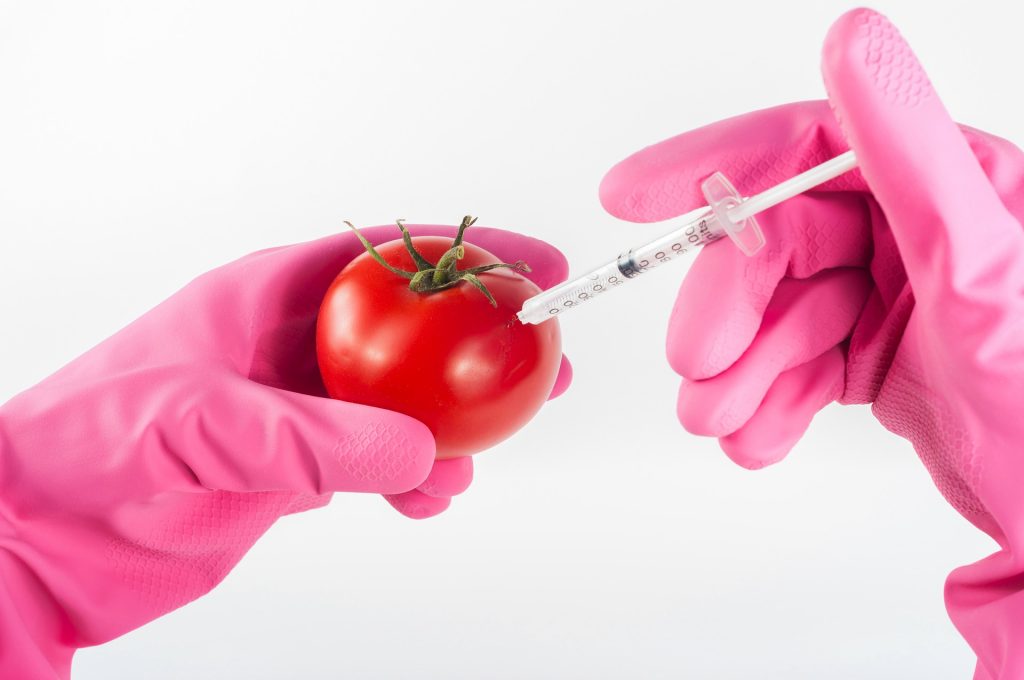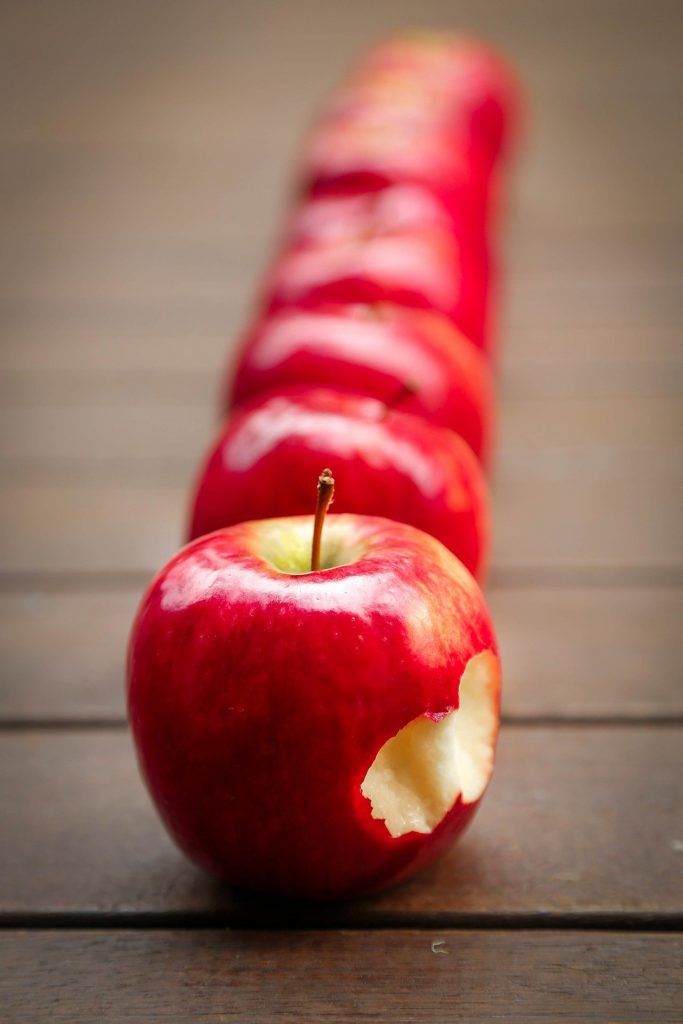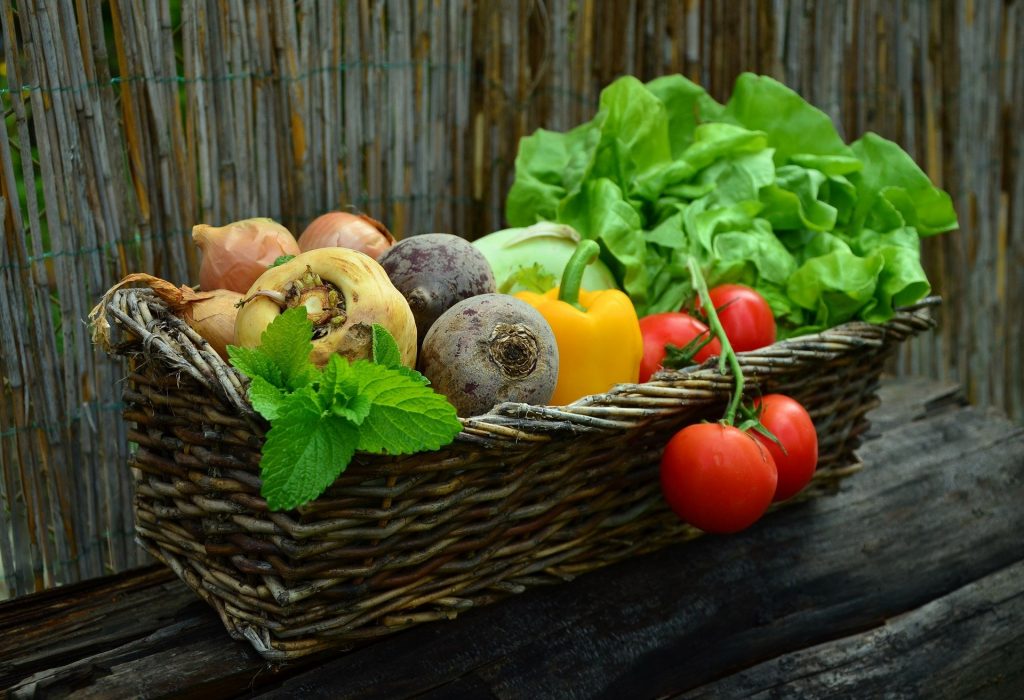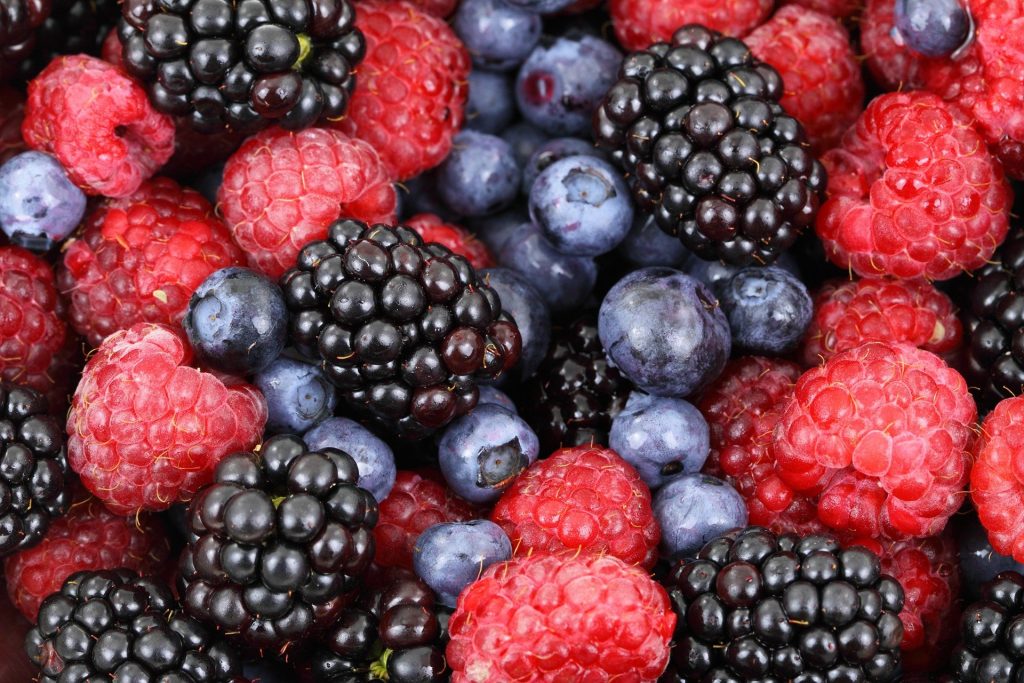How to Eat Healthy
What to eat has become a topic of great debate with so many differing opinions it has become difficult to answer the most basic questions. Eggs are good for you this year? Better eat up before they get canceled and banned as unhealthy again!
The Food Charade
Not only do food authorities have trouble keeping their food story straight but food makers play word games with their labels, always changing the packaging to increase sales, not health. When the body breaks down from poor diet, most people are offered no other solution than chemical drugs designed to bypass the natural responses of the body. It is no wonder health in America has declined, but it doesn’t have to stay this way.

Knowing what to eat is something that our ancestors did and their ancestors too. What is healthy was a topic under debate 100 years ago just like today (though less commercialized) but they got better results. So what did they do that we are not? Back then everyone was eating more fresh foods because they had to. Poor quality meant poor taste or inedible. The choice was clear. Today, food manufacturers use a multitude of chemicals and additives, making food taste better for longer, but not preserving nutrition. In fact, many of these added chemicals require processing which depletes the food and you of nutrient reserves.
Counting Calories
Calorie counting is a popular method to judge the health of foods. I am all for avoiding foods with “empty calories” but even using the calorie as a measuring stick is inappropriate. In fact, it is a waste of time because it is a measure of the energy the food contains and your body does not use some foods as energy. For example, protein is more likely used as a building block than as energy. Why assess it solely for its energy content? The calorie idea works better for carbohydrates and especially fats because they are the common energy source of the body, but why lump protein in with them? Rather than calories, think carbohydrates, fats, protein, minerals, vitamins, etc and you will have a better idea of what your body needs. And for the “empty calorie” idea? A better way to think of “empty calories” vs “good calories” is to think of processed foods vs whole foods/nutrient-dense foods.
Nutrition – Real or Counterfeit?
Your taste buds have been tricked. Food companies have studied chemical replacements to mimic the flavors of real food. Natural flavors and colors are excellent indicators of good nutrition. Faux flavors are a literal cheap trick that increases shelf life, lowers production costs, and gets people addicted to manufacturers’ counterfeit foods. Chemical flavors come with hidden costs which you don’t pay at checkout but the lack of real nutrition slowly starves your body of vitality. This leads to a breakdown over many years so slow that some mistake this nutritional starvation for “getting old”. How do you know if food is chemically flavored? Most processed foods (which come in a can, bag, or box) are cooked, chopped, or blended which speeds up spoiling, and then it is put in a package and shelved. Without artificial intervention, these foods would soon look and smell so bad no one would eat them, so they are laced with chemical preservatives to prevent the food from breaking down and chemical flavors and colors are added to mimic real food.
There are some processing methods that do preserve nutrition without the need for chemical preservatives. Drying at low heat, freezing or freeze-drying, preserving in salt or oil. Fermentation is a preservation method that actually increases the nutrition profile and aids in digestion. Fermented foods include yogurt, sauerkraut, or any pickled food (not merely soaked in vinegar), kefir, kombucha, kimchee, chutney sauces, etc. Double-check the label of these foods in case some chemical was added just in case.
So what is a nutrient-dense food? It is food that is grown and harvested in season in nutrient-rich living soil, and carefully preserved during processing or consumed in whole food form while the food is still vibrant. Plants (and animals) grown with all the nutrition they need in a healthy soil ecosystem (life in the soil) will produce the most nutritious food. Nutrient-dense foods quickly lose that nutrition after harvesting. Obviously, local producers have a great advantage here and even better than that is growing your own. Eating “straight off the vine” of an organically grown plant is an ideal that can’t be beaten. So what is the story of your food? Knowing how it was grown, how long it’s been stored, and how it has been processed are all important.

Eating chemically flavored foods over time changes how your brain perceives taste, causing real, nutritious foods to taste bland compared to chemical food. Once you clear the body of these chemicals, good foods will taste good again increasing your enjoyment in eating well.
Optimal Health with Whole Food Supplements
With a modern lifestyle, it is not enough just to choose good foods to achieve your full health potential. Full speed life contains too many stressors on the body and not enough vital nutrients to meet the demand. That is why nutritional supplementation is commonplace, but not just any supplement will do. The market is full of fake chemical vitamins just as it is full of fake chemical-laced food. These chemical vitamins masquerade as the real thing virtually everywhere. For example, ascorbic acid is passed off as Vitamin C. Yet too much of this chemical can harm your body. Real Vitamin C is found in foods, but it can be hard to get enough of it. A company I recommend, Standard Process, has concentrated real vitamin C from food that will actually build you up naturally. Cataplex C and Regenaplex are great choices for this vital nutrient. Standard Process has many more vitamins, minerals, and phytonutrients for support and healing. Check out my other posts for more clues on what you may be missing.
Have questions about healthy eating? Let us know in the comments or call 615-881-5867.
The information in this article is based on clinical experience and historical uses of nutrition as a therapy to support optimal body function. It is not to be construed as medical advice.




